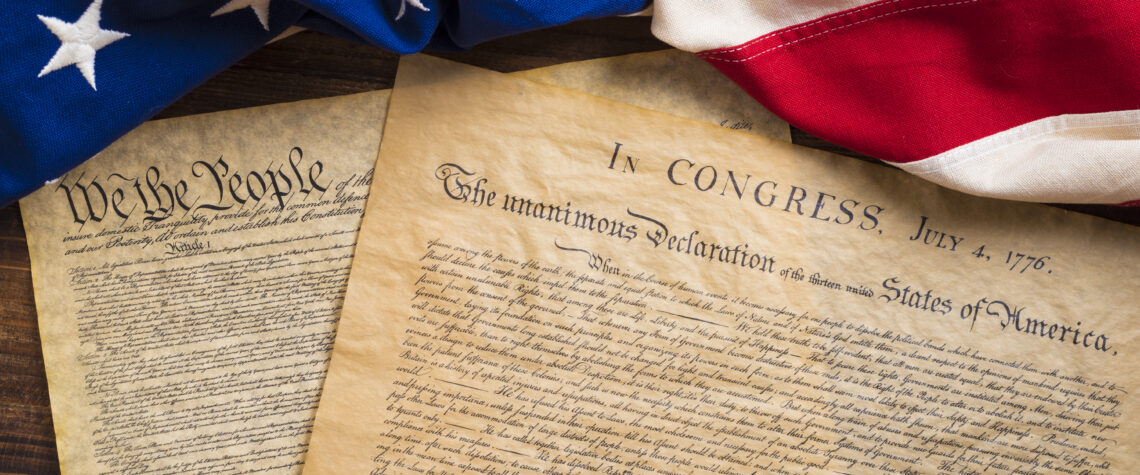Questions and Answers
1. Does the Constitution address resistance to governmental tyranny?
The doctrine of resistance to tyrannical rule is as old as the Republic itself. As Gary Humble, of Tennessee Stands, and a candidate for state senator, perhaps put it best: “Many of our Founders and early political thinkers including the writers of the Constitution of the State of Tennessee saw resistance to tyranny as necessary to the preservation of goodness and happiness for everyone.” Article I, Section 2 of that constitution says this:
“That government being instituted for the common benefit, the doctrine of nonresistance against arbitrary power and oppression is absurd, slavish, and destructive of the good and happiness of mankind.”
While not expressly recognized in the federal constitution, several states have enshrined the doctrine of resistance to tyranny in their constitutions. Taken together, these provisions serve as a reminder that when government acts arbitrarily and in contravention of the divine, inherent rights of citizens to life, liberty and the pursuit of happiness, then there is a duty to oppose such tyranny.
2. Does the Constitution grant absolute protection to free speech?
I am asked on occasion to debate regarding the level of protection afforded free speech. Some whom I have debated characterize themselves as “absolutists” when it comes to the protection that should be afforded this First Amendment right. They contend that the government has no right to interfere with or to retaliate against one’s freedom of expression. Others argue that one’s constitutional right of free speech ends where the right of others begin.
The Supreme Court has recognized that the right of free speech must encompass certain rational limitations. But these decisions are not without controversy. For example, in Texas v. Johnson, Gregory Johnson burned an American flag outside the Republican National Convention in protest of Ronald Reagan. He was arrested and charged with violating a Texas statute which prevented the desecration of the flag. The Supreme Court ultimately held that his “symbolic speech” was protected under the Constitution.
The use of “fighting words” which are meant to incite violence or which produce an imminent threat of “clear and present danger” of bringing about a substantial evil are likewise not protected. The display of obscenity to minors is unprotected. Speech which advocates illegal conduct and is calculated to produce imminent lawless action is not protected.
Larry L. Crain, www.crainlaw.legal














